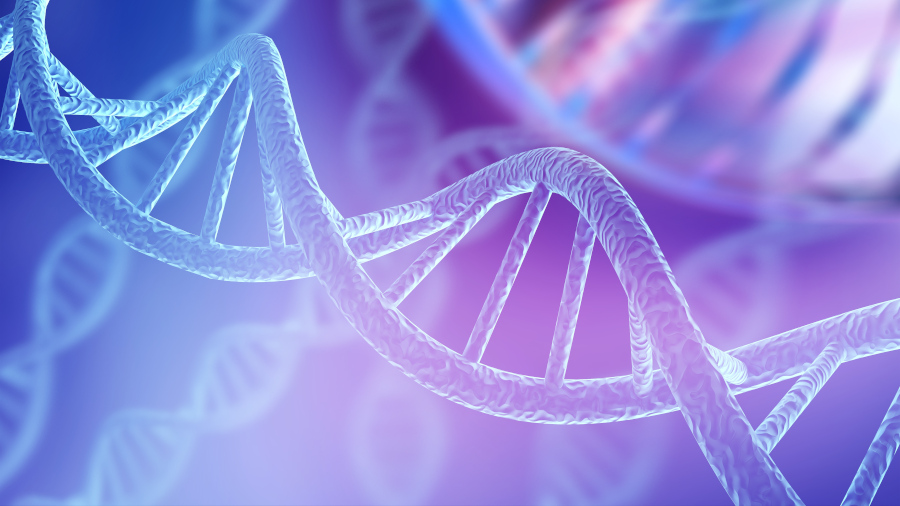New protein family controlling genetic material stability in bacteria identified
A group of researchers recently identified a new family of proteins regulating the response to bacterial DNA lesions, known as the SOS response, in microorganisms of the Bacteroidetes group. The research, published in the scientific journal Nucleic Acids Research, was coordinated by Jordi Barbé, from the UAB group in Molecular Microbiology, and Ivan Erill, from the University of Maryland, Baltimore County (UMBC).

The SOS system is a universal response found in bacteria induced by the presence of DNA lesions, allowing the bacteria to repair itself and therefore ensuring cell survival. Despite its universality, the first sequencing of the complete genome of Bacteroidetes at the end of the 20th century revealed the absence of SOS response regulator genes in these microorganisms, which suggested that this bacterial group was missing a conventional SOS response.
Nevertheless, through a bioinformatic analysis of the bacterial genome databases, as well as in vitro experiments conducted in the laboratory, the scientists were able to find a new family of proteins in charge of regulating this SOS response in these microorganisms. This new family was evolutionarily distant from the conventional regulators of the SOS response present in the other bacterial groups and, moreover, was of a chimeric nature, where one of its domains showed surprising structural resemblance to proteins encoded by bacteriophages (or phages).
According to the researchers, the results of this study pose the need to reflect upon the origin of the SOS response and its relation with phages. Bacteriophages are viruses that infect bacteria and end up causing cell death. However, some of them can infect cells and remain inactive for a period of time, only to finally become active and kill the bacteria cell. The activation of these bacteriophages can be produced as a result of bacterial DNA lesions, generating a signal of alarm for the bacteriophage and triggering its virulent cycle. In this study, the “alarm system” as well as the identification of bacterial SOS response regulators similar to the regulators of bacteriophages represent a point of union between the bacterial SOS response and the bacteriophages, thereby irrevocably suggesting that the SOS response could have originated in these viruses.
Original article:
Sánchez-Osuna M, Cortés P, Lee M, Smith AT, Barbé J, Erill I. Non-canonical LexA proteins regulate the SOS response in the Bacteroidetes. Nucleic Acids Res. 2021 Oct 6:gkab773. doi: 10.1093/nar/gkab773
The UAB, with Sustainable Development Goals
Life on land
Good health and well-being